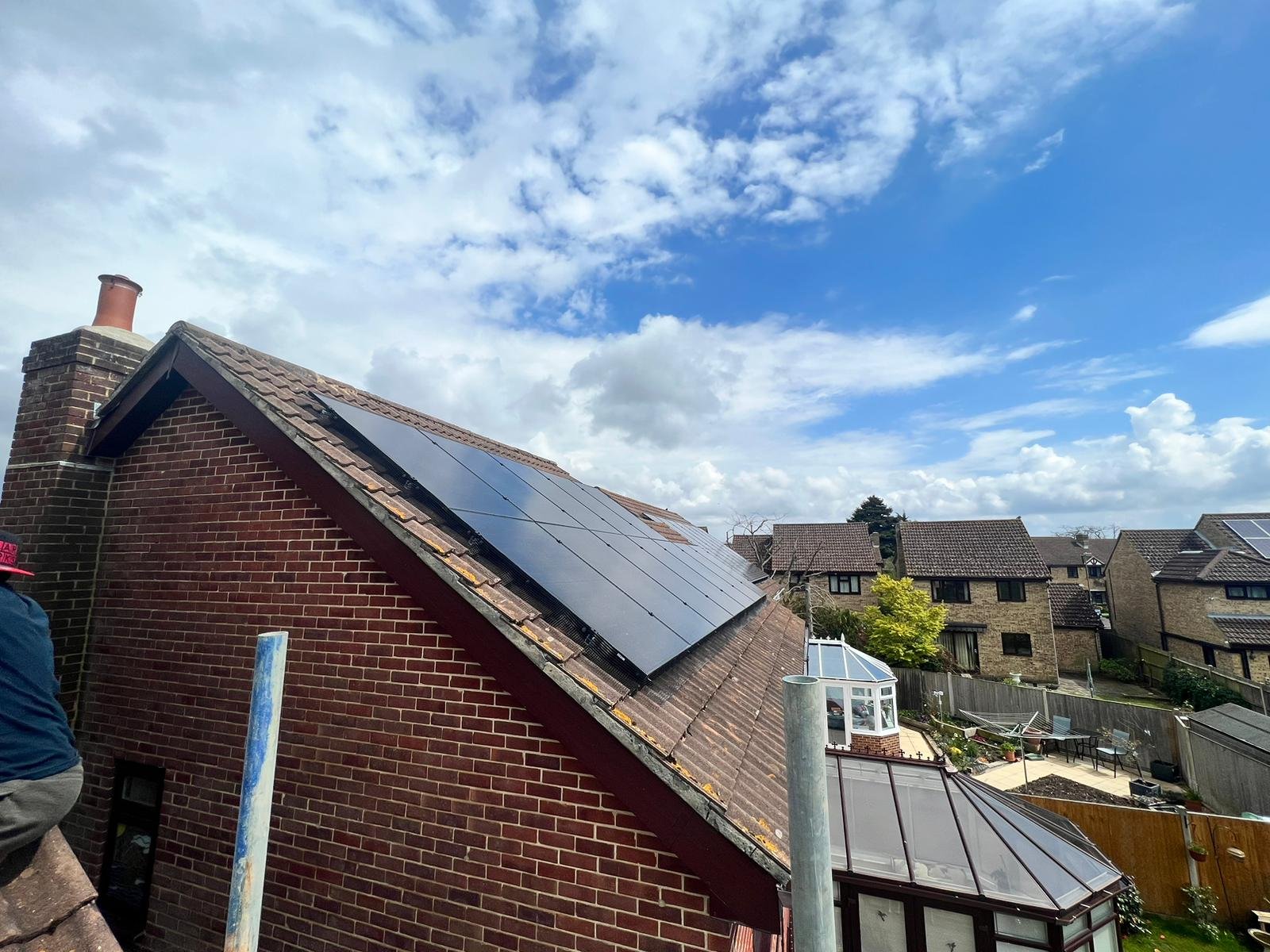How much does a solar battery cost in the UK?
How Much Does a Solar Battery Cost in the UK? A 2025 Guide
If you’re thinking of getting a solar panel system for your home, you need to understand the true cost and benefits of adding solar battery storage. The cost of a solar system includes both solar panels and batteries, so knowing the cost of a solar setup is vital for homeowners. Solar batteries can save you money on your bills, increase your energy independence and reduce your carbon footprint by storing excess solar energy for peak demand or off-peak hours. By combining solar panels and batteries a solar system can reduce carbon footprints more than traditional energy sources. But how much does a solar battery cost as part of the overall cost of a solar system and what factors affect the total cost in the UK?
Solar Batteries and Solar Panels
Solar batteries and solar panels are the heart of any modern solar energy system for UK homes. A solar panel system is designed to capture sunlight and turn it into electricity, power your appliances and reduce your reliance on the grid. However solar panels generate the most electricity during the day which may not always match your energy needs.
This is where a solar battery comes in. Solar batteries store excess solar energy produced by your solar panels during the day so you can use this stored energy at night or during low sunlight. By combining solar batteries with your solar panel system you can make the most of the energy your panels produce, cut down on bills and achieve greater energy independence. This not only saves you money but also reduces your carbon footprint by maximising the use of clean renewable solar energy. For homeowners looking to take control of their energy usage and costs, understanding how solar batteries and solar panels work together is the first step to a more sustainable and cost effective home.
Solar Battery Cost
Average Solar Battery Costs in the UK (2025):
For a comprehensive overview of how much it costs to install solar panels in the UK, including factors that influence overall solar energy system prices, see this detailed guide.
When considering solar batteries cost, key factors are battery sizes, installation costs, storage capacity and other factors such as available incentives and property layout. All these affect the total investment and long term savings.
| Battery Size (kWh) | Average Price (Installed) |
|---|---|
| 3–5 kWh | £2,500–£5,000 |
| 9–10 kWh | £4,500–£9,500 |
| 15+ kWh | £7,000–£10,000+ |
| Cost per kWh of storage | £265–£415 |
When looking at the table remember battery sizes and the right size battery for your needs are important considerations when calculating the total cost and system efficiency.
The cost for a typical size solar battery (around 10 kWh) is between £4,500 and £9,500 but batteries can cost significantly more depending on storage capacity, brand and installation requirements.
Installation and labour costs: Installation costs are £600–£1,000 per day depending on project complexity, battery size and location. Other factors such as AC- or DC-coupled, grants available and technological improvements can also affect the final price.
Adding a battery to an existing solar PV system will cost more as it requires extra labour and equipment upgrades.
Battery Type Matters:
Lithium ion batteries are the most popular for solar battery storage systems due to high usable capacity, long lifespan (up to 15 years) and better energy efficiency than traditional lead acid batteries which are cheaper upfront but have shorter lifespans and lower usable capacity.
Lead acid batteries may seem attractive due to lower initial costs but their shorter lifespan and lower efficiency often make them more expensive in the long run. Lead acid battery options are cheaper initially but require more maintenance and have limited cycles compared to lithium ion batteries.
Storage capacity is a key factor in determining both the cost and suitability of a solar battery for your household needs.
Solar Battery Storage System Components
A solar battery storage system is made up of several key components that work together to capture, store and deliver solar energy efficiently. The main components are the solar panels, the battery, the inverter and the mounting hardware.
Solar panels generate electricity from sunlight, the initial source of power for your home. The battery is the heart of the storage system, storing any excess energy produced by the solar panels during the day so you can use it later, such as at night or during cloudy weather. The inverter plays a crucial role by converting the direct current (DC) electricity generated by the solar panels into alternating current (AC) which is the type of electricity used by most household appliances. Mounting hardware ensures all components are securely installed and function safely.Proper installation and maintenance of your solar battery storage system is crucial to get the best performance and longevity. With a well designed system you can store more excess energy, reduce your reliance on the grid and get the full benefits of solar battery storage in your home.
Choosing the Right Battery Size and Type
Choosing the right battery size depends on your average household electricity usage, property size, solar panel system capacity and budget. The right solar battery system or battery systems should be chosen based on the energy goals of a typical house, so your storage solution matches your specific needs and long term objectives. Here’s a rough guide for typical UK homes, with recommendations based on the energy needs of a typical house:
1 bedroom: 2 kWh battery
2 bedrooms: 4 kWh battery
3 bedrooms: 8 kWh battery
4 bedrooms: 9.7 kWh battery
Larger battery capacities store more excess solar electricity which is useful if your panels produce more energy than you use during daylight hours. However oversizing your battery system will increase initial costs without proportional savings if your solar PV system doesn’t generate enough excess energy.
When choosing between different battery systems always consider how the solar battery system will help you achieve your long term energy goals.
Smart Export Guarantee and Solar PV
The Smart Export Guarantee (SEG) is a government backed initiative that rewards homeowners for exporting excess energy generated by their solar panels back to the national grid. With the SEG you receive payments for every unit of surplus electricity your solar PV system produces and doesn’t use, providing a valuable income stream and making solar energy even more attractive.
When you pair your solar panels with battery storage you can further optimise the benefits of the SEG. During the day your solar panels may generate more electricity than your household needs. Instead of letting this excess energy go to waste your battery storage system can store it for use in the evening or on cloudy days. So you can use more of your own solar energy, reduce the amount you export but also ensure that any energy you do send back to the grid is truly surplus to your needs.Understanding how the Smart Export Guarantee works and how battery storage can help you get the most out of your solar PV system is key for homeowners wanting to maximise their savings and energy efficiency. By using both battery storage and the SEG you can reduce your energy bills, increase your energy independence and make your investment in solar energy even more worthwhile.
Savings, Payback and Energy Independence
How much can you save?
A combined solar panel and battery storage system can save you up to 86% of your electricity bills in the UK, with many households saving over £1,000 per year. Annual savings and yearly savings are typically calculated based on the amount of electricity exported back to the grid and the rates paid through schemes like the Smart Export Guarantee.
A typical 3 bedroom home with a 5-10 kWh battery could save around £582 per year, with the battery itself contributing around £130 of that saving. These figures include both direct bill reductions and the potential savings from selling excess electricity back to the grid.
Savings depend on battery capacity, solar panel output, household energy consumption and how much electricity you can use or store during daylight hours.
More Energy Independence:
By storing excess solar energy for use during peak times or at night you reduce your reliance on the grid and fossil fuels, lowering your carbon emissions and carbon footprint. Storing electricity is essential to maximise your savings and get the most out of your solar energy.
Selling excess solar electricity back to the grid through schemes like the Smart Export Guarantee can provide additional income.
Grants, Incentives and VAT Savings
0% VAT on solar batteries and solar panels in the UK can save you up to £700-£1,000 on your solar battery installation.
There are no direct government grants for battery storage but some solar panel grants (like ECO4 and HUG2) can help reduce the overall cost of your solar PV system1.
The Smart Export Guarantee allows you to earn money by exporting excess solar electricity back to the grid.
Solar Battery Installation and Maintenance
Professional installation is essential for safety, performance and longevity of your battery storage system1.
Most modern lithium ion batteries require minimal maintenance. Proper installation and following manufacturer guidelines can extend battery life and efficiency.
Solar batteries last 5-15 years so you may need to replace your battery at least once during your solar system’s lifetime.
Emergency Backup and EV Integration
A solar battery storage system can provide backup power during outages so critical appliances can keep running. In the event of a power cut a solar battery can keep essential appliances going, giving you peace of mind during unexpected interruptions.
Some battery systems are designed to provide backup during power cuts but setting this up may involve additional considerations or costs such as specialized installation or equipment.
If you own or plan to buy an electric vehicle (EV) pairing your solar PV system with a battery and EV charger can increase your savings and energy efficiency even more.
Summary
How much does a solar battery cost in the UK? £2,500-£10,000 depending on battery size, type and installation complexity.
Battery type: Lithium ion batteries are better long term value and efficiency than lead acid batteries.
Savings: Solar battery storage can save you money and increase energy independence.
Grants and incentives: 0% VAT and Smart Export Guarantee for extra savings.
Battery capacity: Choose a battery size that matches your household’s energy usage and solar panel output for maximum savings.
Getting a solar battery storage system is a smart move for UK homeowners looking to save money, reduce their carbon footprint and increase energy independence. Consider your household’s needs, the type and size of battery and installation options to get the best out of your solar power investment.
Contact us to arrange a free, no obligation quotation
from our friendly team. We'll get back to you within one working day.
See Our Solar and Battery Installation Services in Action


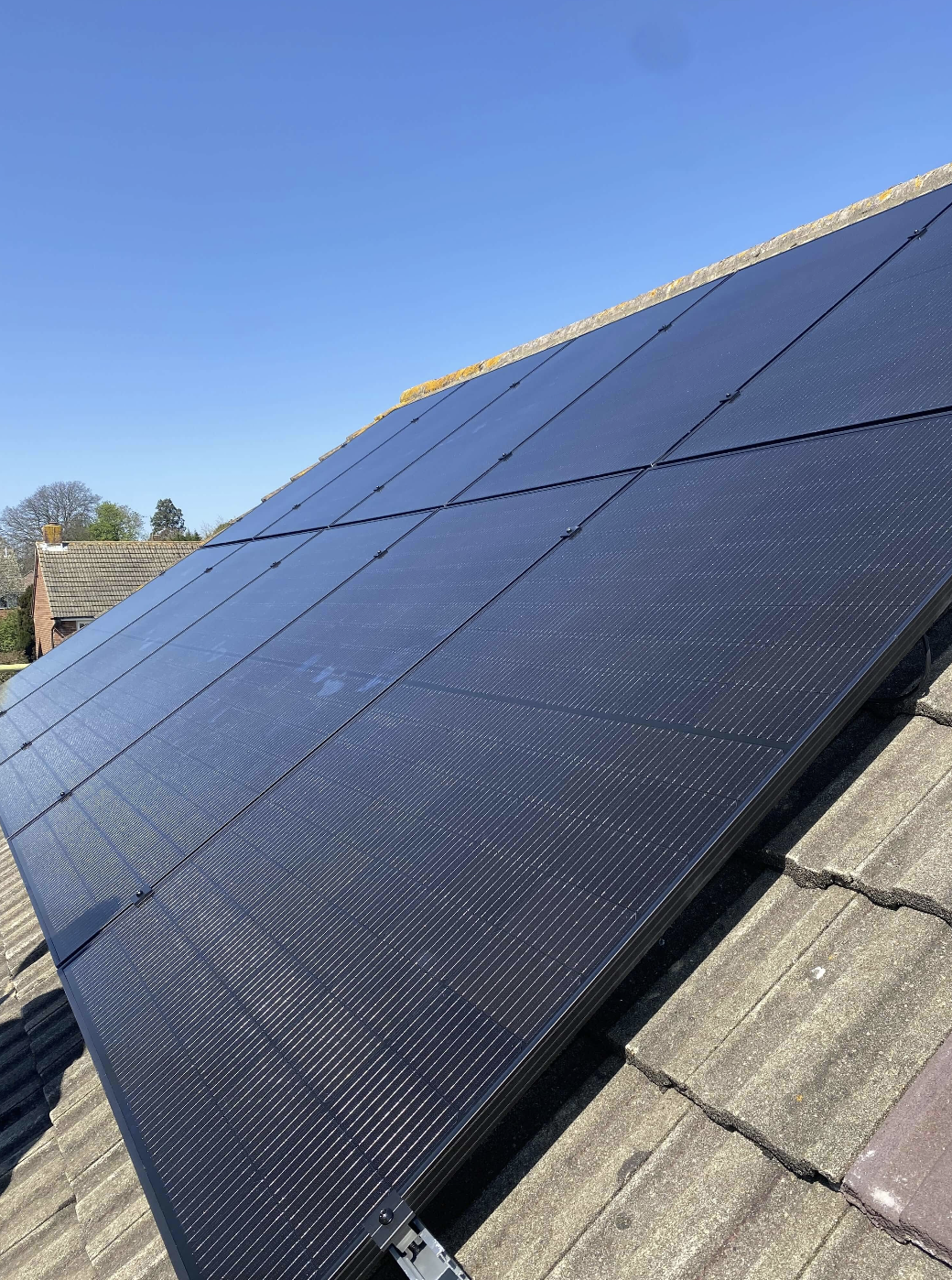
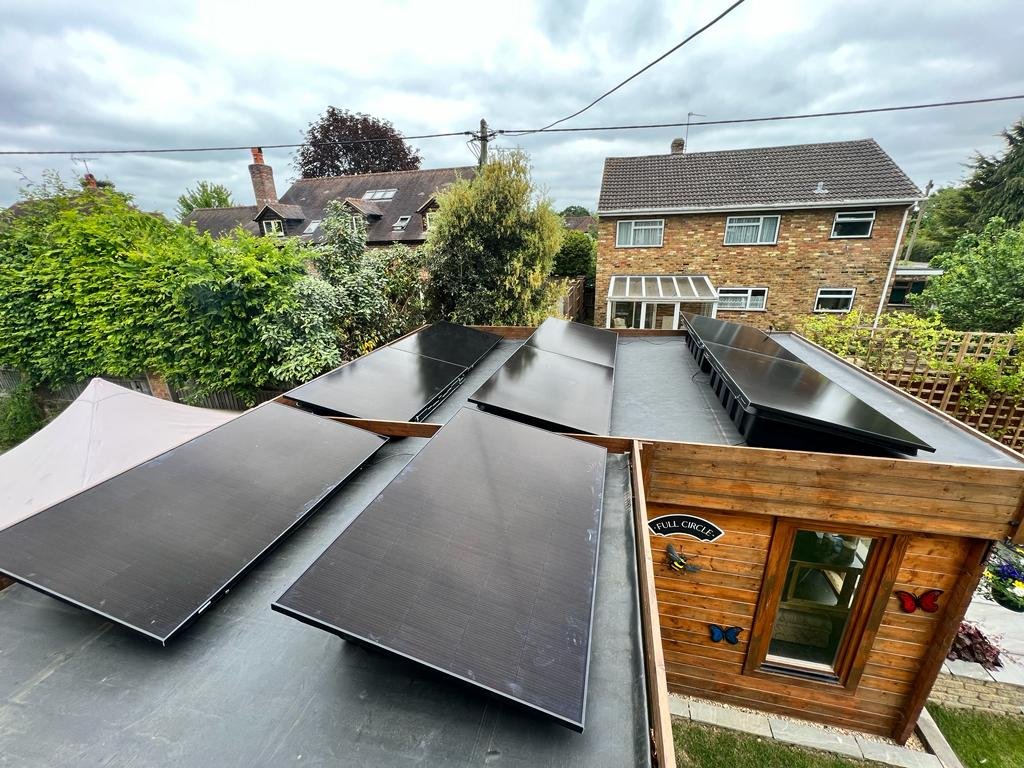

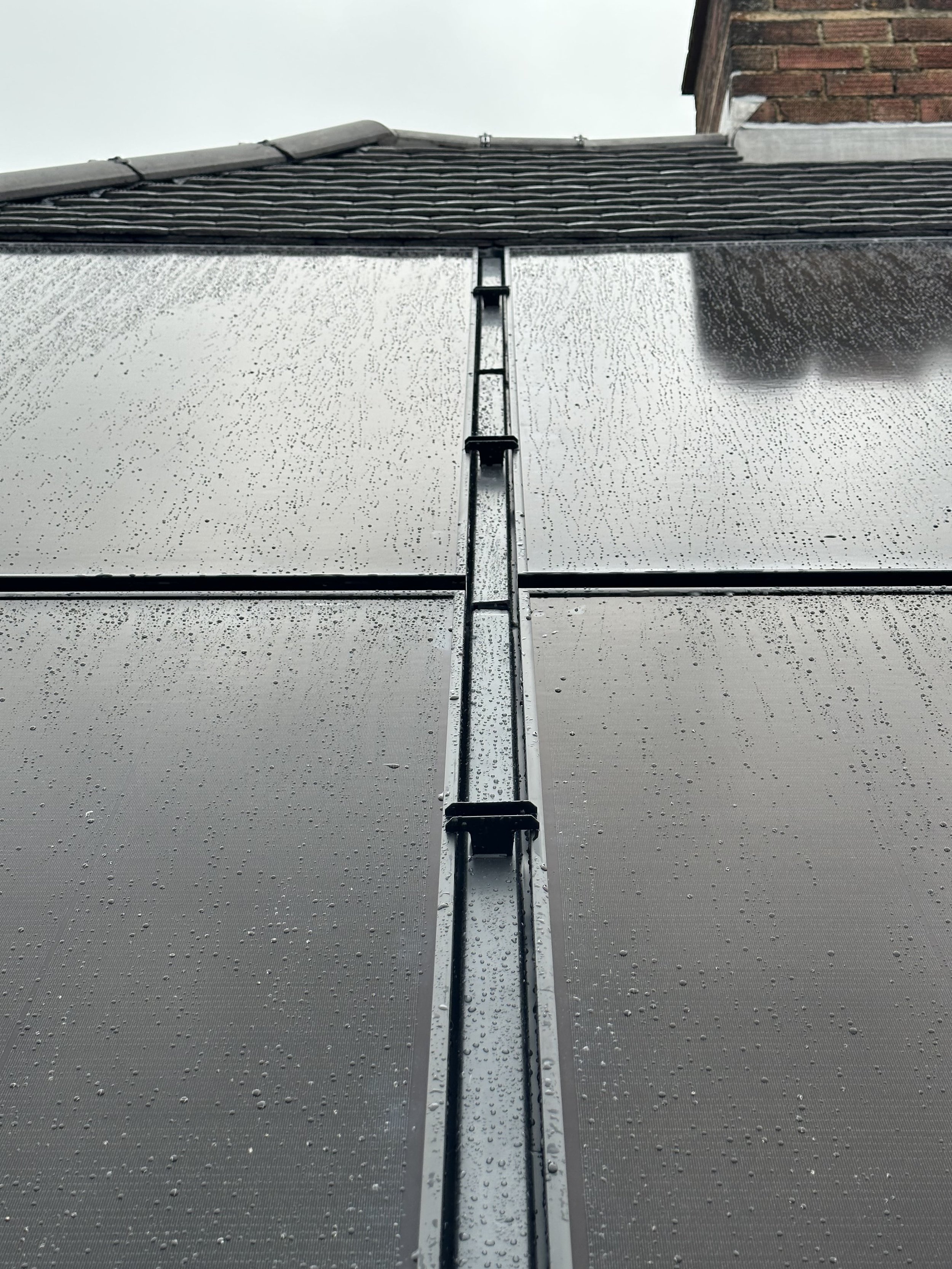
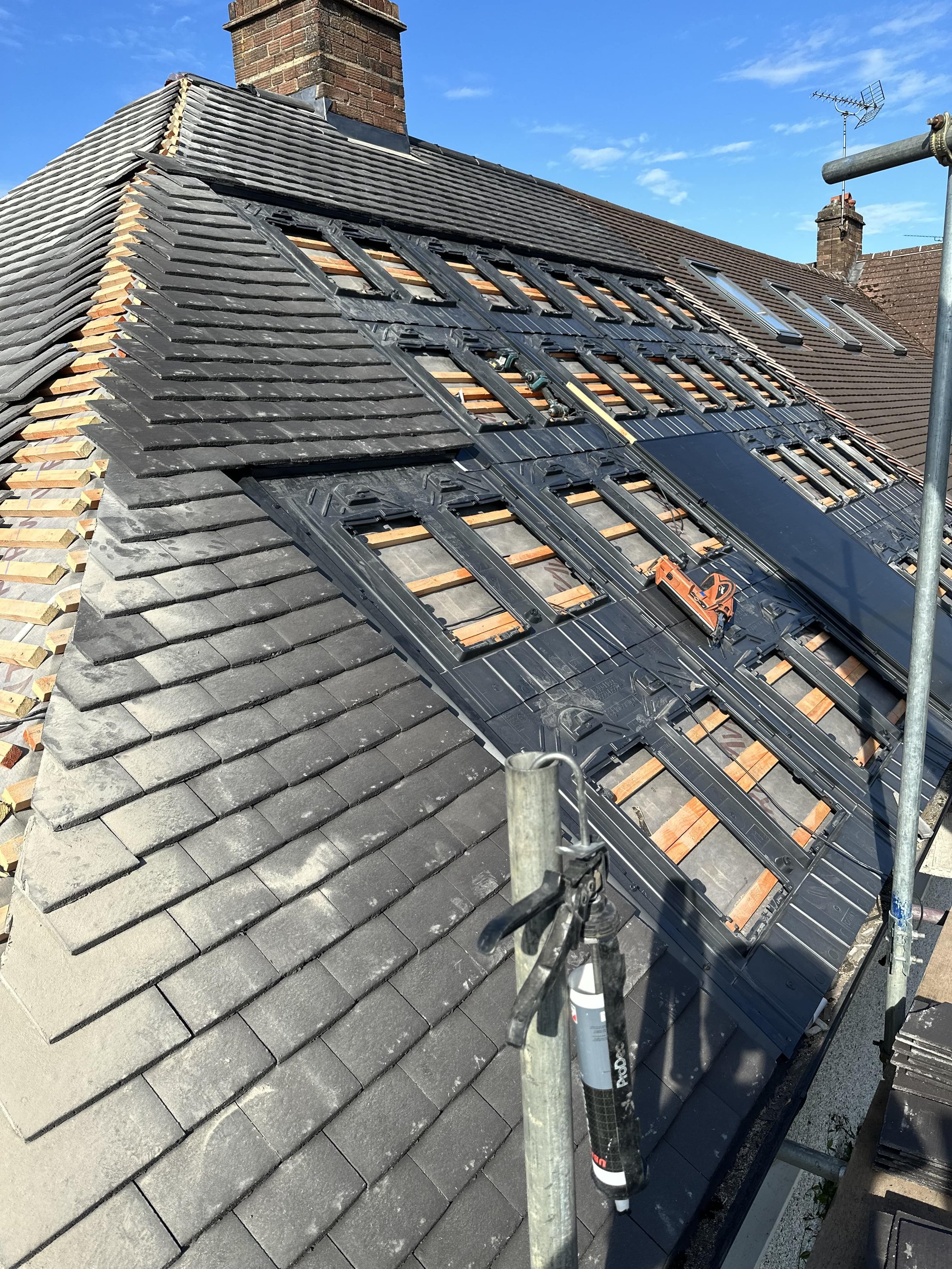
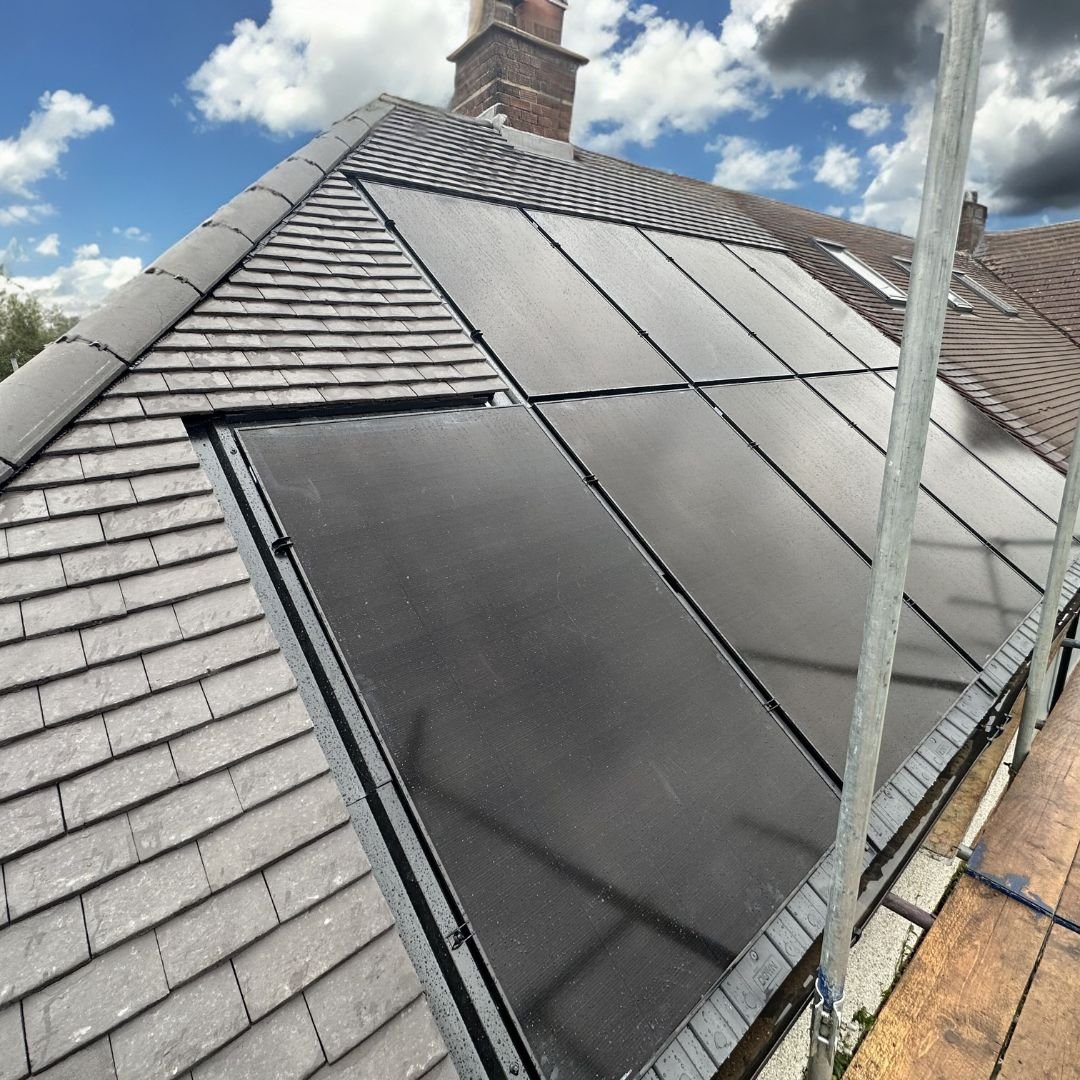
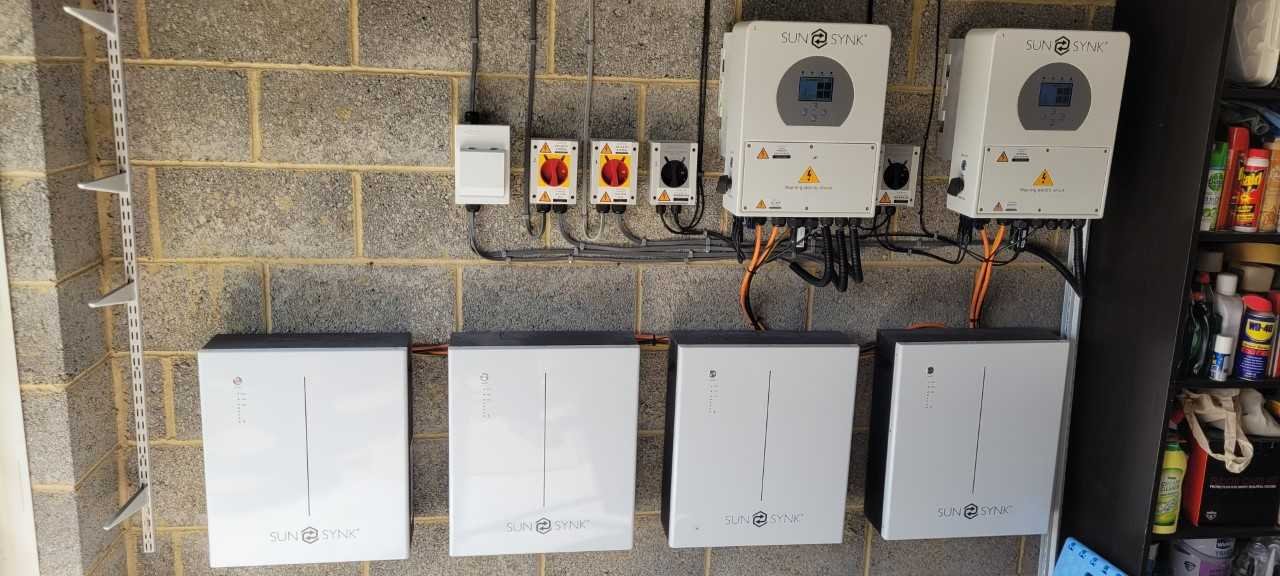
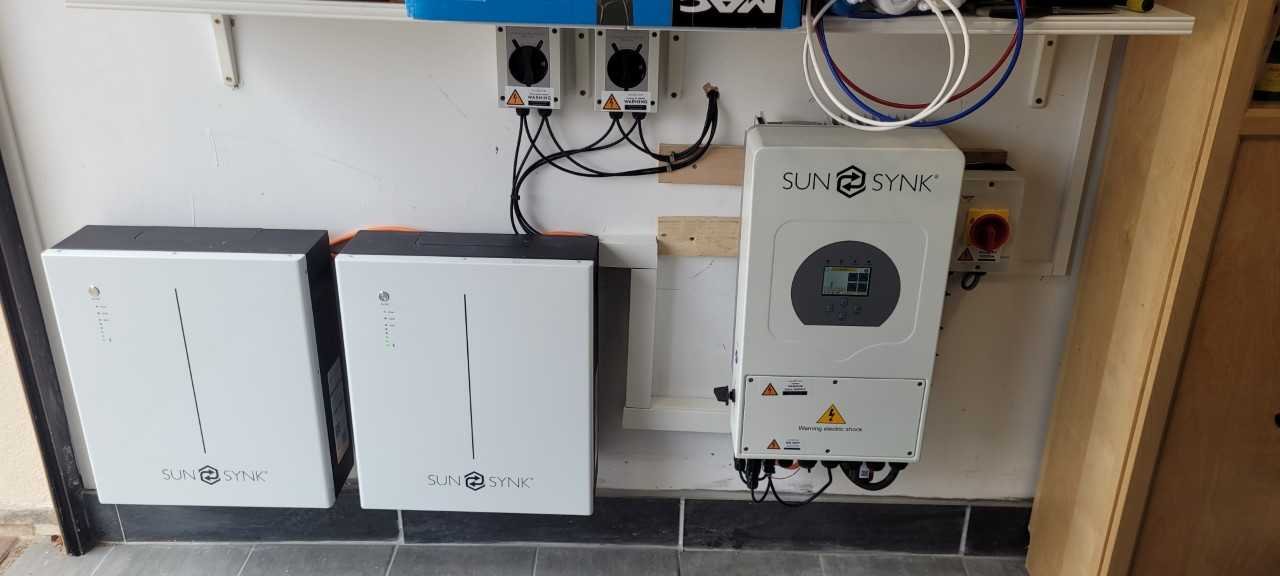
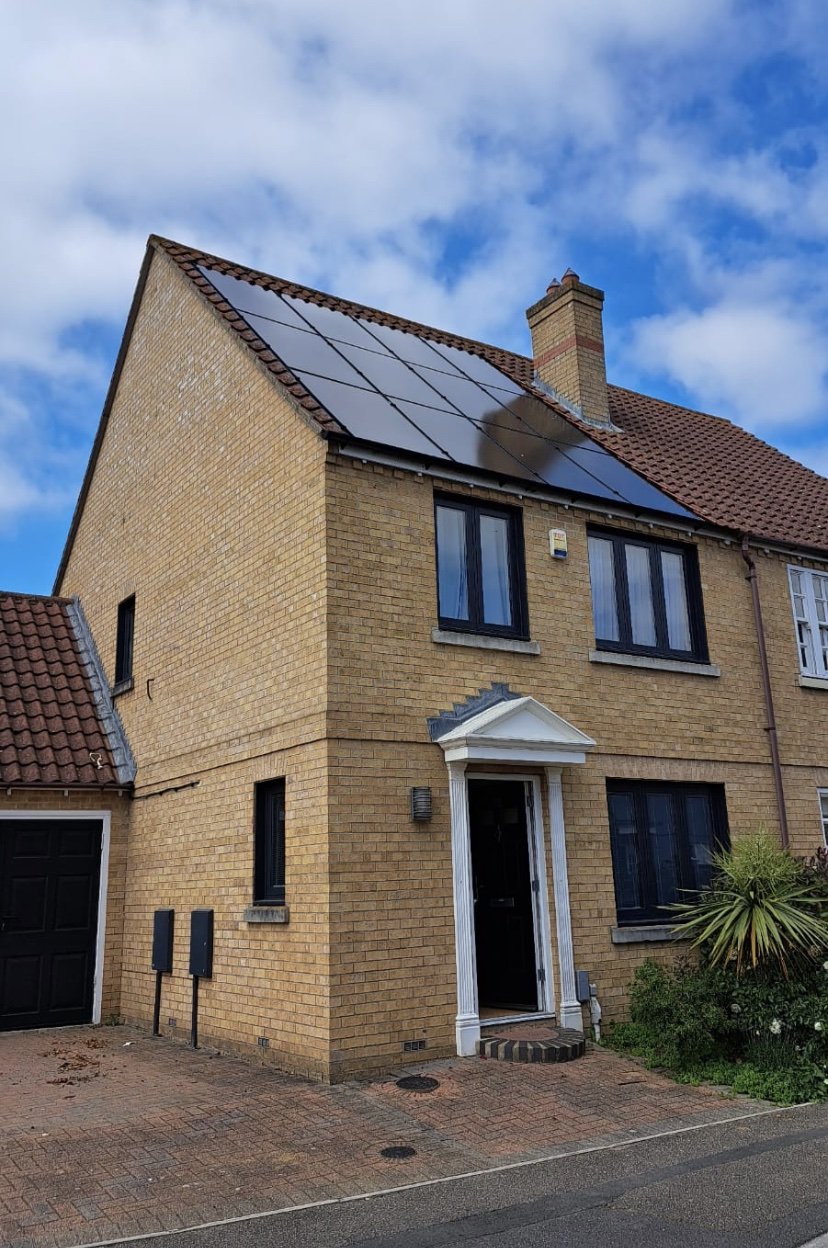
Solar Panel Installation and FAQ’s
Getting Started with Solar Panels
Dive into the world of solar panel installation with insights into flat roof setups, possible energy savings, how it works, panel options, and more.
Solar Panel Installation and Types
Discover how to participate in the SEG scheme and navigate planning permissions in the UK while exploring the essential concept of DNO approval for a seamless solar panel experience.
Find the best system size for your needs ☀️
Reliable Solar & Battery Services for Your Home
With CRG, you can be sure you’re getting the best results at a cost-effective price. Our highly-rated commercial solar installation services include the following:
Learn more about how our experienced solar energy professionals can help you — simply request a free quote online or call us on 0333 253 3531 today.
Read our great reviews.
From quote to after care we found CRG professional… From start to finish we found CRG helpful, professional and the workmanship excellent.




